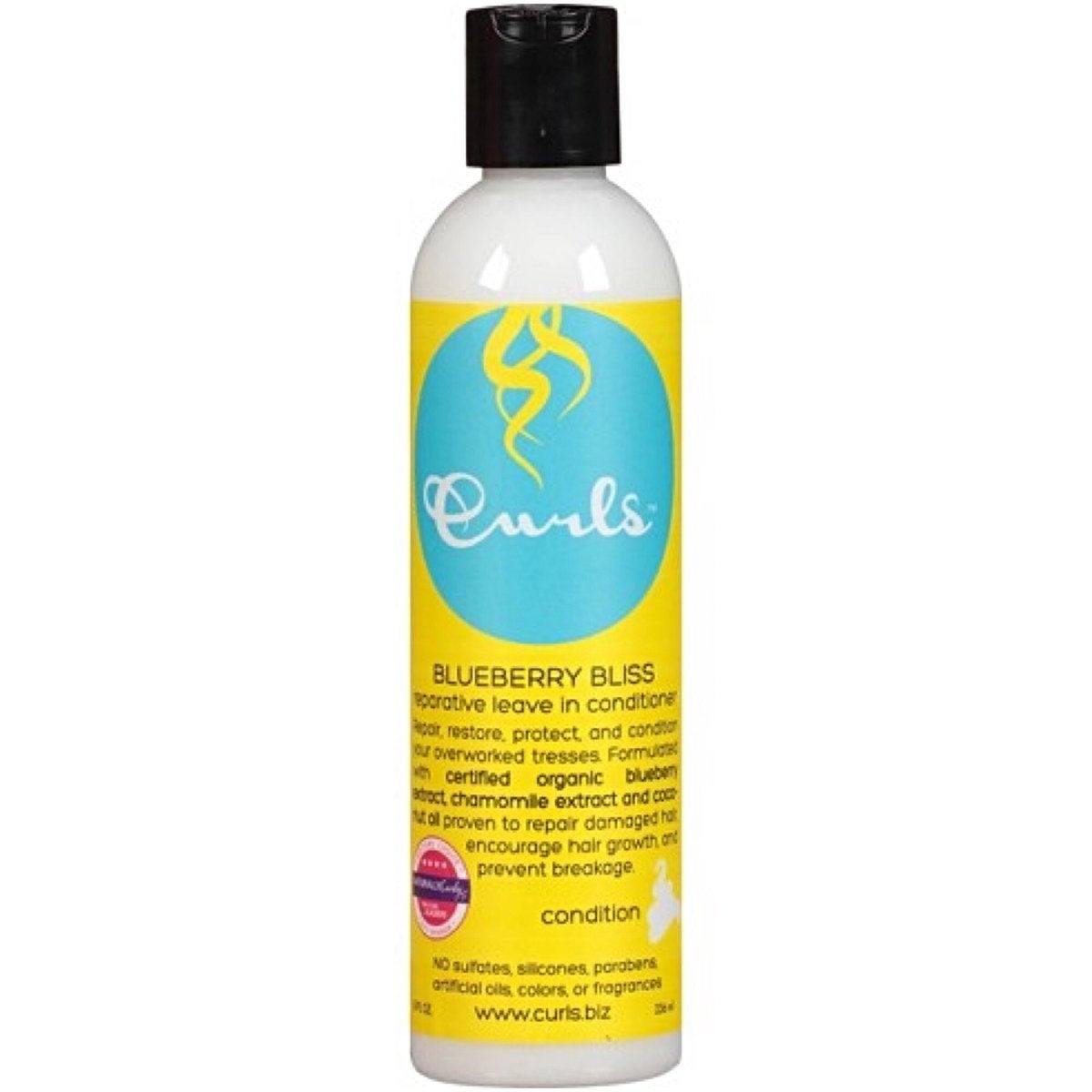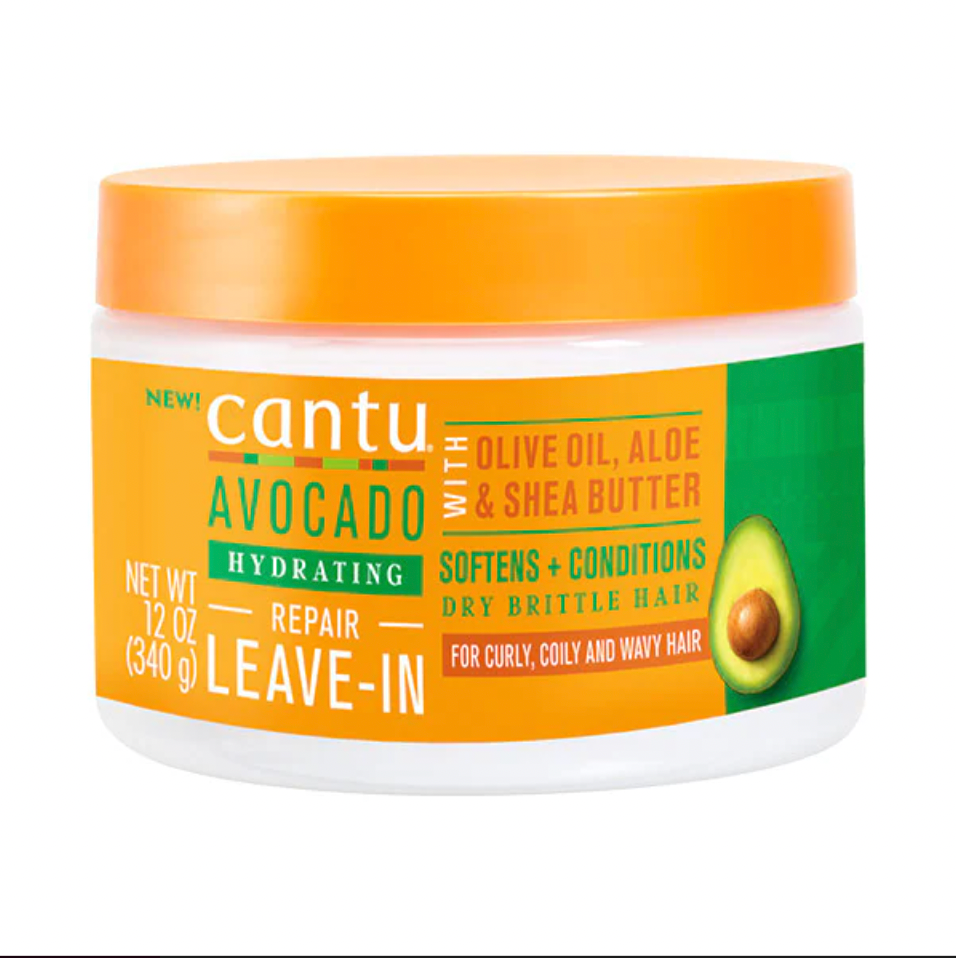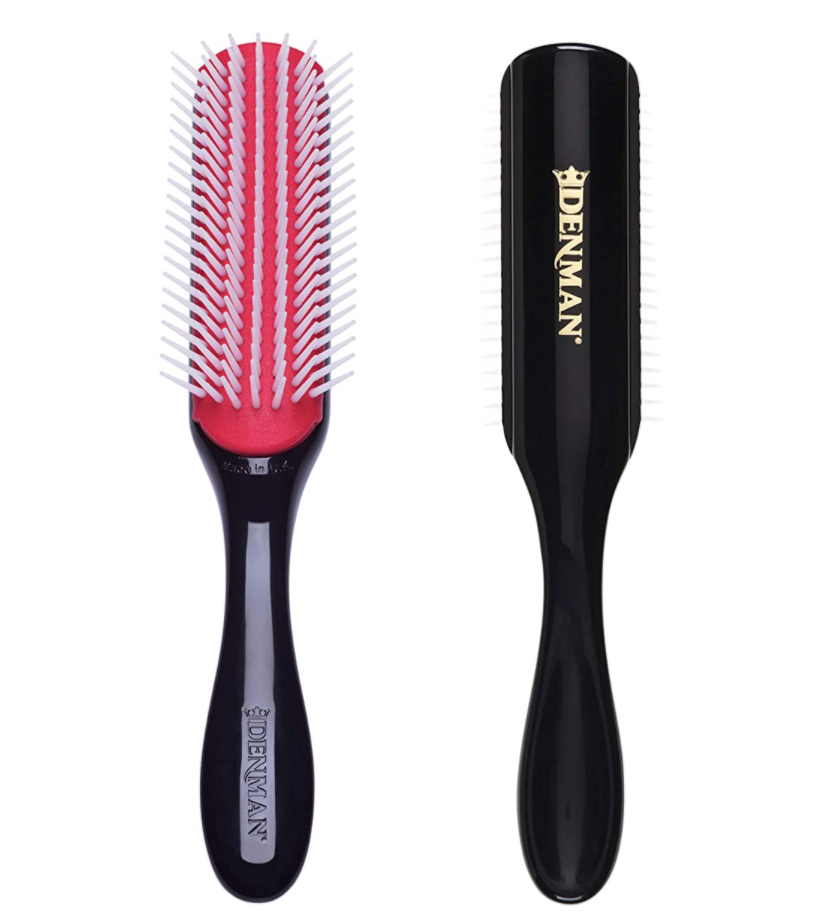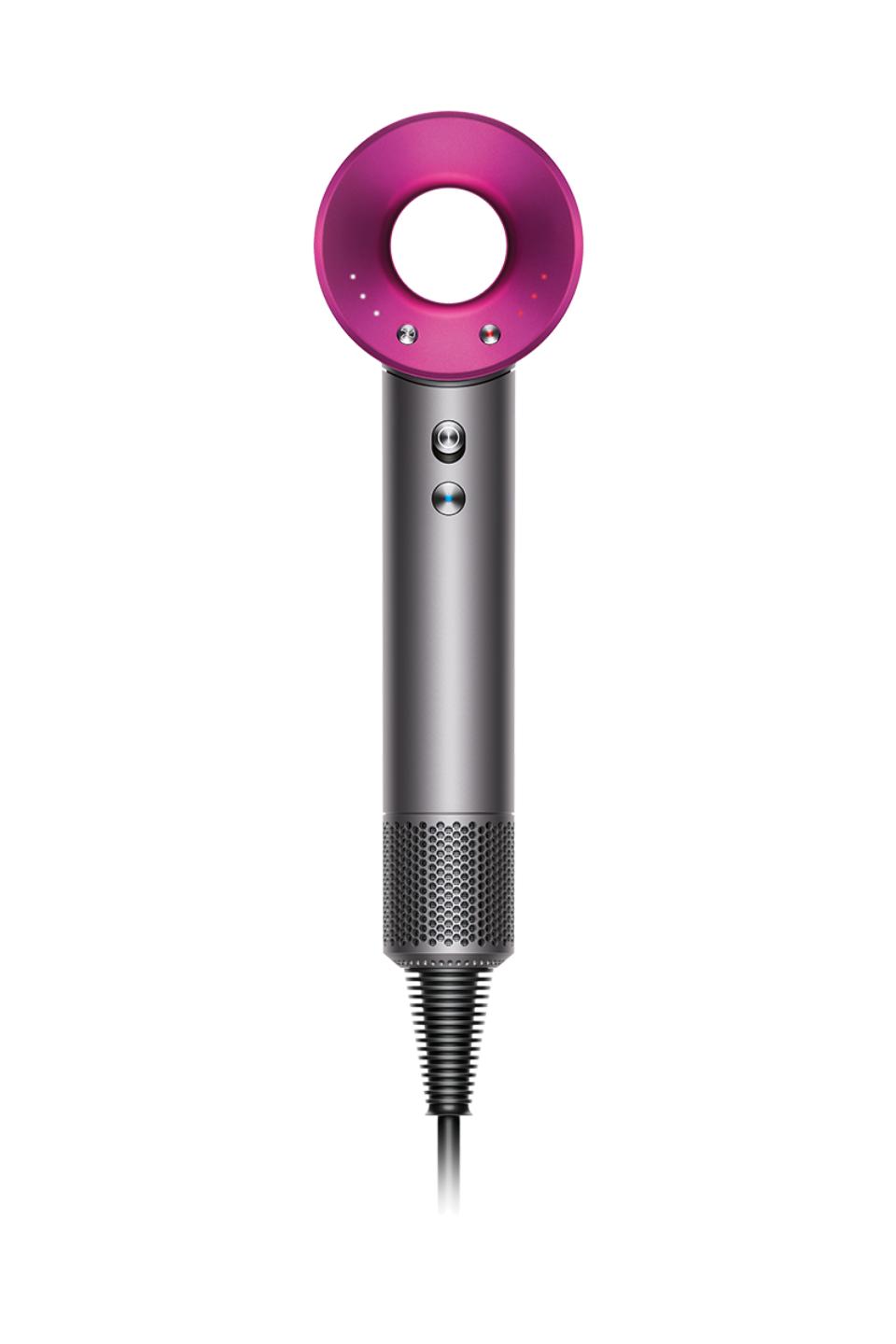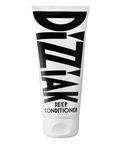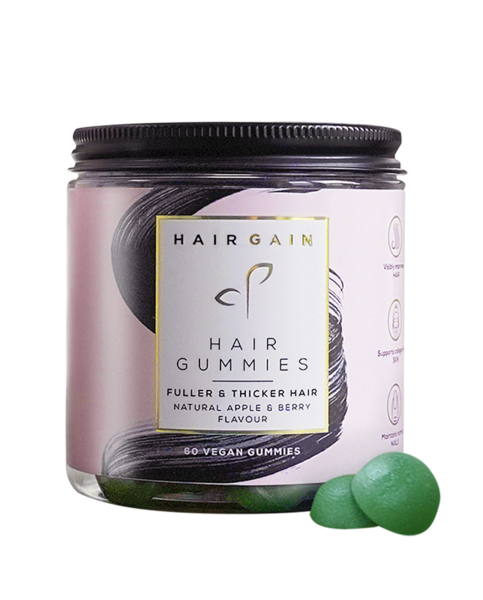5 Lessons I Learned When I Chopped All Of My Hair Off
This time last year I chopped all of my hair off. I had spent years trying to fix the hair that was damaged through fear of not suiting short styles but it was straggly, burned and bleached, so it really did need it.
"You'll look lovely and it'll really suit you," my mum would say when I toyed with the idea of the big chop. But I didn't believe her. I was scared I'd lose my femininity; after all, in many cultures, women have been conditioned to believe that long and luscious hair is the archetypical feminine trait.
AdvertisementADVERTISEMENT
The truth is, though, when your hair is damaged, it simply won't grow healthy. The realisation is a tough pill to swallow. There was always a fear in the back of my mind that people wouldn't like me anymore if I cut all my hair off, or that I wouldn't look desirable to men when dating. Why? Throughout my life I'd been told that my curly afro was unprofessional, unkempt or looked better straight. The self-hate was real, not to mention painful. For over a decade, I never saw my hair in its natural state. It was either dyed blonde or black, straightened or covered with wigs and weave. But when the pandemic hit, everything changed. I caught COVID and it was the catalyst to convincing myself that just as I would get healthy, my hair would grow again, too. So I woke up one morning and chopped it all off in the bathroom, with absolutely no regrets.
A year later, I still don't regret it. I cite my big chop as one of the biggest and most important decisions in my life, especially when it comes to forging a stronger connection to my identity and my Blackness. The bond I have with my hair has strengthened as my strands have continued to grow and remain healthy. I've been taking the time each day to style it with products and tools that are suited to my 3C curls, such as Curls Blueberry Bliss Leave-In Conditioner and Cantu Avocado Leave-In Conditioning Cream. I've invested in a Denman brush to ensure my hair is tangle-free and products are distributed evenly throughout my hair, coating my dry ends with conditioner to strengthen them.
AdvertisementADVERTISEMENT
“
Gone are the days when I'd scroll through Instagram, wishing to be the white woman with silky, straight tresses and feeling depressed that my hair grows up, not down.
”
Last but not least, I have ditched heat products. Instead I use the Dyson Supersonic hair dryer with my diffuser, which evenly distributes air throughout my hair, leaving my curls bouncy and revitalised. On Sundays I treat my scalp and tresses to their own self-care routine, coating my head with Dizziak's Deep Conditioner and afterwards, Only Curls Deep Hydration Hair Mask while soaking in the bath. It has become something of a ritual and the results have paid off.
Not only has the big chop allowed me to gain a newfound love for my natural hair but it has also bolstered my self-esteem. Gone are the days when I'd scroll through Instagram, wishing to be the white woman with silky, straight tresses and feeling depressed that my hair grows up, not down. For myself, and many other Black women, our hair is our crown and it is something to be proud of. It's political: a rebellious act against white supremacy and Eurocentric beauty ideals.
I'm sad that it has taken me this long to accept my afro hair as a result of years of people telling me it was ugly. But what this year has taught me is that I can't change who I am. Being myself — my true self — is the most beautiful lesson I've ever learned. You'll always want something you can't have; that's part and parcel of being human. But comparison is the thief of joy and if there's anything I'm moving forward with now, it's joy: today, tomorrow and forever, thanks to my hair.
Refinery29's selection is purely editorial and independently chosen – we only feature items we love! As part of our business model we do work with affiliates; if you directly purchase something from a link on this article, we may earn a small amount of commission. Transparency is important to us, if you have any questions please reach out to us.
AdvertisementADVERTISEMENT







